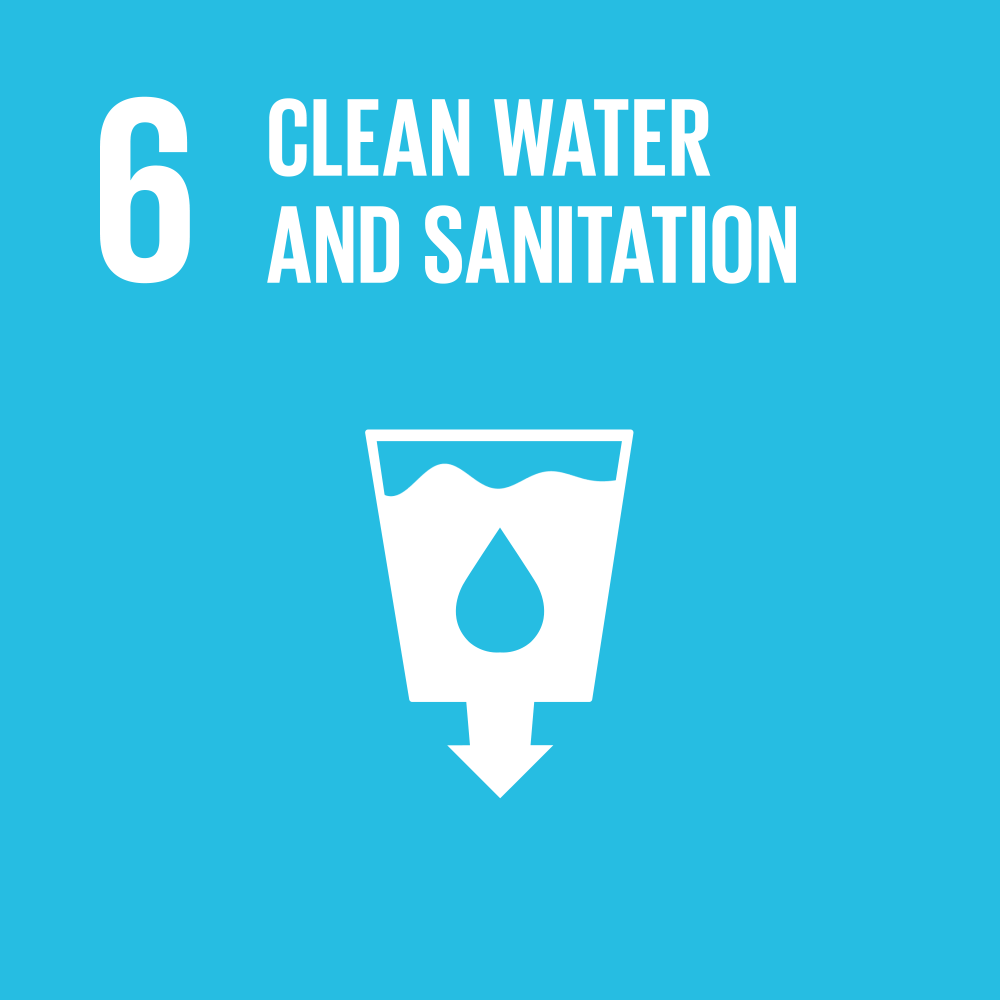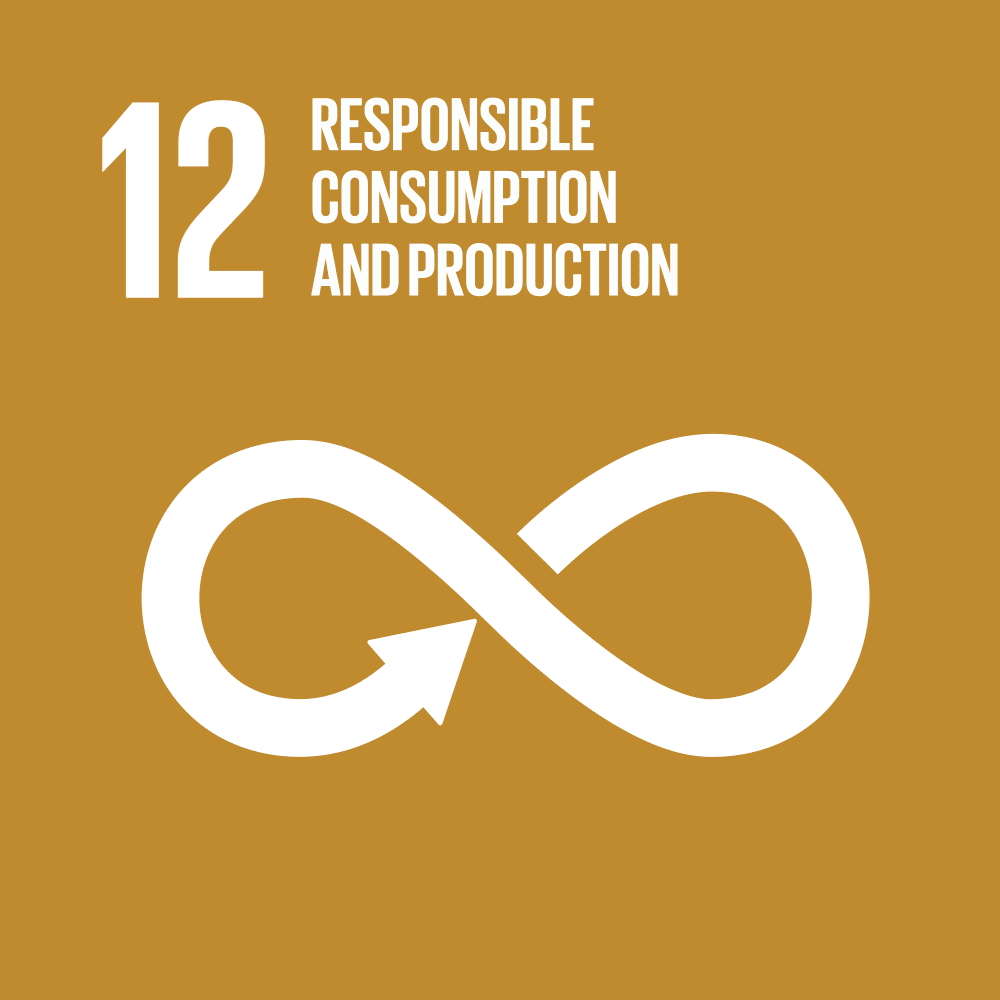Problem:
Soildier aims to solve water scarcity in climate-affected regions, where drought reduces soil water retention and agricultural productivity, threatening food security and stressing water resources. In addition, the accumulation of organic waste poses environmental challenges. Soildier addresses these issues by repurposing waste and creating nanohydrogels to optimize water use in agricultural soils, encouraging more resilient and sustainable farming practices.
Idea:
Our project offers a solution to combat water scarcity and organic waste management. Soildier transforms what would normally be waste (the exoskeletons of black soldier flies) into chitosan-based nanohydrogels, which can retain and gradually release water into the soil. These nanohydrogels act as microreservoirs, reducing agricultural water requirements and ensuring that crops receive sufficient moisture even during droughts, thus mitigating water stress in agricultural soils.
Main Beneficiaries:
Soildier benefits farmers and farming communities, especially those in water-scarce regions where efficient water management is crucial. In Peru, more than 1.8 million smallholder farmers could benefit from increased access to water-saving technologies such as Soildier’s nanohydrogels, which improve soil moisture retention and enable more effective irrigation. Many of these farmers lack modern irrigation systems, resulting in inefficient water use and decreased agricultural production, especially in arid and semi-arid areas. Beyond individual farmers, the broader agricultural sector, which employs approximately 25% of Peru’s workforce, stands to benefit, as Soildier can reduce water use in agriculture by up to 25%, preserving valuable supplies for other essential needs and fostering long-term sustainability in food production. In addition, Soildier addresses organic waste, reducing it by up to 50%, while increasing crop yields in drought-prone areas by 45%. The project aligns with global and national climate resilience priorities, providing local governments and water management agencies with scalable solutions to address water scarcity and waste management.
Stage:
Inspiration and ideation
SDG:
GOAL 6: Clean Water and Sanitation
GOAL 12: Responsible Consumption and Production


University:
Universidad Peruana Cayetano Heredia (Perú)
